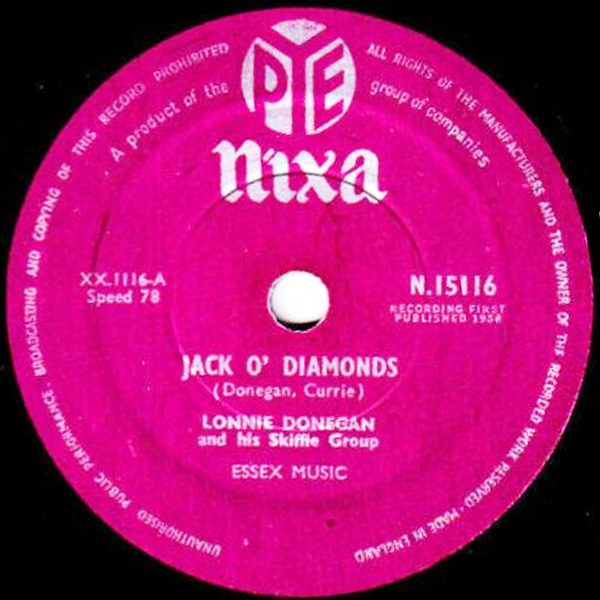|
Popular music belongs to any of a number of musical genres "having wide appeal" and is typically distributed to large audiences through the music industry. It stands in contrast to both art music and traditional music, which are typically disseminated academically or orally to smaller, local audiences. Although popular music sometimes is known as "pop music", the two terms are not interchangeable. Popular music is a generic term for music of all ages that appeals to popular tastes, whereas pop music usually refers to a specific musical genre. (Wikipedia)
Skiffle (see the full article on Wikipedia) is a type of popular music with jazz, blues, folk, roots and country influences, usually using homemade or improvised instruments. Originating as a term in the United States in the first half of the twentieth century, it became popular again in the UK in the 1950s, where it was mainly associated with musician Lonnie Donegan and played a major part in beginning the careers of later eminent jazz, pop, blues, folk and rock musicians.
A relatively obscure genre, skiffle might have been largely forgotten if not for its revival in the United Kingdom in the 1950s and the success of its main proponent, Lonnie Donegan. British skiffle grew out of the developing post-war British jazz scene, which saw a move away from swing music and towards authentic trad jazz.[1] Among these bands were Ken Colyer's Jazzmen, whose banjo player Donegan also performed skiffle music during intervals. He would sing and play guitar with accompaniment of two other members, usually on washboard and tea-chest bass. They played a variety of American folk and blues songs, particularly those derived from the recordings of Leadbelly, in a lively style that emulated American jug bands. These were listed on posters as "skiffle" breaks, a name suggested by Ken Colyer's brother Bill after recalling the Dan Burley Skiffle Group.[6] Soon the breaks were as popular as the traditional jazz. After disagreements in 1954 Colyer left to form a new outfit, and the band became Chris Barber's Jazz Band.
The first British recordings of skiffle were carried out by Colyer's new band in 1954, but it was the release by Decca of two skiffle tracks by Barber's Jazz Band under the name of "The Lonnie Donegan Skiffle Group" in late 1955 that transformed the fortunes of skiffle. Donegan's high-tempo version of Leadbelly's "Rock Island Line", featuring a washboard (but not a tea-chest bass), with "John Henry" on the B-side, was a major hit in 1956. It spent eight months in the Top 20, peaking at #6 (and #8 in the U.S.). It was the first début record to go gold in Britain, selling over a million copies worldwide.
|













